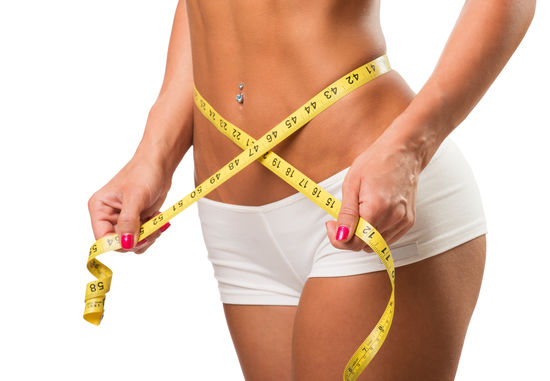The Knowledge > Better Health >
Thursday, 7th November 2019
The Food Ingredient Affecting Your Weight Loss
And How To Have Less Of It
By LA Muscle on 07.11.2019 04:34 pm

One of the most popular food ingredients which we will be talking about today is SALT. Whether we know it or not, salt is one of the main food ingredients that we overuse and are eating too much of it each day which increases the sodium in our diets.
Salt is the main contributor to sodium in our diets and too much of it can increase the risk of strokes, heart failure, osteoporosis, stomach cancer and kidney disease among other health related issues. Excess sodium causes an increase in blood pressure and hypertension. As it is well documented, high blood pressure affects approximately one in four adults in the UK regardless of age so it’s important that this is monitored and checked regularly as it is silent and can go undetected.
Too much sodium in your diet can also cause havoc with your health and fitness goals. Excess sodium can cause bloating, water retention and weight gain so it’s in your best interests to limit your sodium intake to keep yourself looking lean and healthy.
HOW MUCH SHOULD YOU HAVE A DAY?
Government studies show that, in general, we are consuming an average of 8g a day. The recommended daily amount is 6g, which is just a SINGLE teaspoon a day.
You may be someone who never adds additional salt to your food, but you still can be eating too much of it without even knowing. This is especially true if you consume a lot of heavily processed foods and ready meals. Salt is added to nearly every food item as it helps improve the taste but it can also cause serious health issues if too much is consumed.
WHAT IS THE SOLUTION?
To start with, we would recommend only consuming fresh food and making all of your own meals from scratch. That way you can monitor what is put into it. You can eat out too of course but if it becomes too frequent then you won’t be aware of how much sodium you will be consuming. Try and completely avoid heavily processed foods and ready meals as apart from high sodium, they also offer little to no nutritional value.
Another way to solve this issue is to not add too much salt to your food. If you add additional salt whether it’s table salt, rock salt, sea salt or pink Himalayan salt, they are all 100% sodium chloride and its sodium that is linked to high blood pressure. If you must add salt to your meals, then use the bare minimum and use it sparingly, which would be a lot less than you would normally add.





























